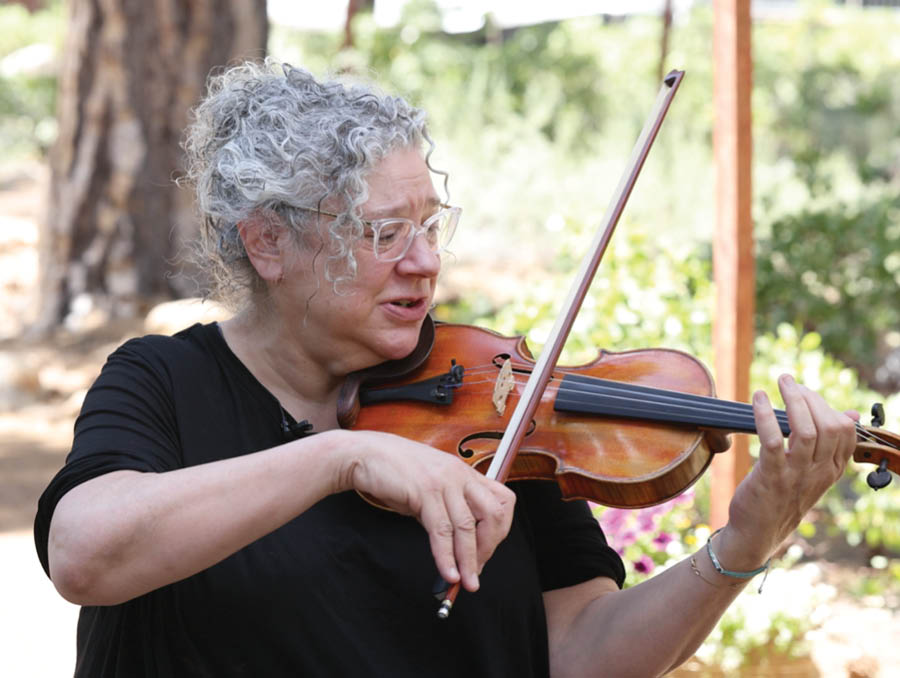From 8:30 to 9:30 p.m. local time worldwide on March 28, as many as 1 billion individuals and organizations will turn off their lights as part of Earth Hour, a global initiative led by the World Wildlife Fund. Organizers call Earth Hour participation a “global vote” for the environment demonstrating participants’ commitment to global sustainability. The event began in 2007 in Sydney with 2.2 million homes and businesses and grew to more than 50 million participants in 400 cities on seven continents in 2008. To date, more than 1,700 cities in 80 countries worldwide have committed to participating in Earth Hour 2009.
In addition to saving energy often generated from nonrenewable sources, the hour-long, lights-out event will raise awareness of — and reduce — light pollution, providing an opportunity to view stars often rendered invisible to the human eye by artificial light that fills the night skies. Earth Hour will also mark the culmination of the two-week worldwide GLOBE at Night Dark Skies Awareness Project held March 16-28, a campaign offering diverse educational opportunities designed to raise awareness of the effects of light pollution.
Locally, Fleischmann Planetarium and Science Center at the University of Nevada, Reno will celebrate Earth Hour and Dark Skies Awareness from 7 to 10 p.m., Saturday, March 28, at the River School, 7777 White Fir St. in Reno. The evening of free events will include a dark-skies film at 7 p.m., lights-out stargazing at the River School amphitheater for Earth Hour, 8:30 to 9:30 p.m., and a bonfire and celebration starting at 9:30 p.m. Refreshments will be available for a donation to the River School, which is lending its facilities in support of Earth Hour and Dark Skies Awareness.
“GLOBE at Night Dark Skies Awareness is an official cornerstone project of the International Year of Astronomy 2009, which marks the 400th anniversary of Galileo’s first telescope and the date that Kepler’s first laws were published,” said Dan Ruby, associate director of Fleischmann Planetarium.
“From March 16-28, individuals and organizations around the globe will be raising awareness of the effects of light pollution, which obscures up to 90 percent of the stars in the night sky for one out of 10 people worldwide, two out of five Americans and one out of six Europeans according to some sources. Our Earth Hour event in Reno will be just one of many educational and social manifestations of community and individual concern for the environment and for the detrimental effects of light pollution on human health.”
According to the Dark Skies Awareness Cornerstone Project of the International Year of Astronomy 2009, billions of dollars are spent on unnecessary lighting in the United States each year — lighting that requires energy often generated by nonrenewable energy sources releasing an estimated 38 million tons of carbon dioxide into the atmosphere annually. The organization estimates that $1.7 billion is spent in the U.S. each year on unshielded outdoor lights alone, responsible for as much as 1.2 million tons of carbon dioxide waste.
Defined by the International Dark-Sky Association as any adverse effect of artificial light, light pollution has been shown to affect the mating, migration and predation behaviors of a wide range of species, disrupting ecosystems and thereby producing immeasurable environmental effects which compound the environmental effects of burning energy to produce light and the less tangible effects of making the stars invisible to humans and animals.
“This event is about voicing our support as a global community for climate-change policy,” said Jessica Henning, a graduate assistant in the University of Nevada, Reno’s Department of Environmental Health working toward a master’s degree in the University’s environmental sciences graduate program. “In Reno, as in many cities, we are partnering with the GLOBE at Night Dark Skies Awareness program and Earth Hour to draw awareness to climate change and dark skies at the same time, and to show how the two are connected.”
Henning is working with Jason Geddes, vice chair of the Nevada System of Higher Education Board of Regents and energy coordinator for the City of Reno, on passing a resolution through the Reno City Council encouraging local casinos to reduce or eliminate outdoor lighting along with other landmark city lights including the Reno Arch in observance of Earth Hour, March 28, 8:30-9:30 p.m.
The River School is located at 7777 White Fir St., in west Reno. To reach the River School take W. 4th St. to Woodland Ave., two miles west of McCarran Blvd. Go south on Woodland Ave. and take the next left onto White Fir St. Turn left at the Interpretive Gardens sign into the last driveway, near the cul-de-sac at the end of the street.
For more information about the free event, or for Planetarium show tickets and showtimes, call (775) 784-4811. For more information about joining Friends of the Planetarium and upcoming exhibits, events and shows playing in the Star Theater call (775) 784-4812.











